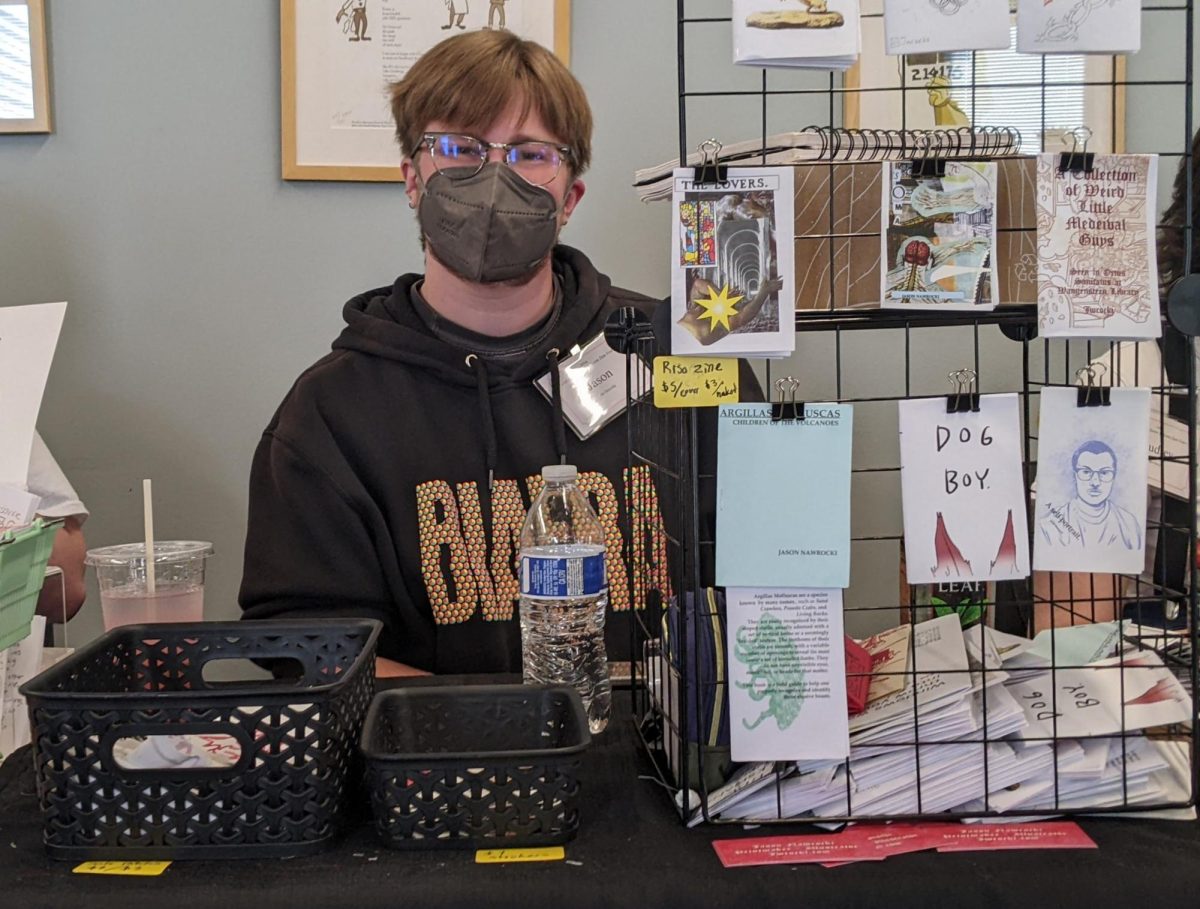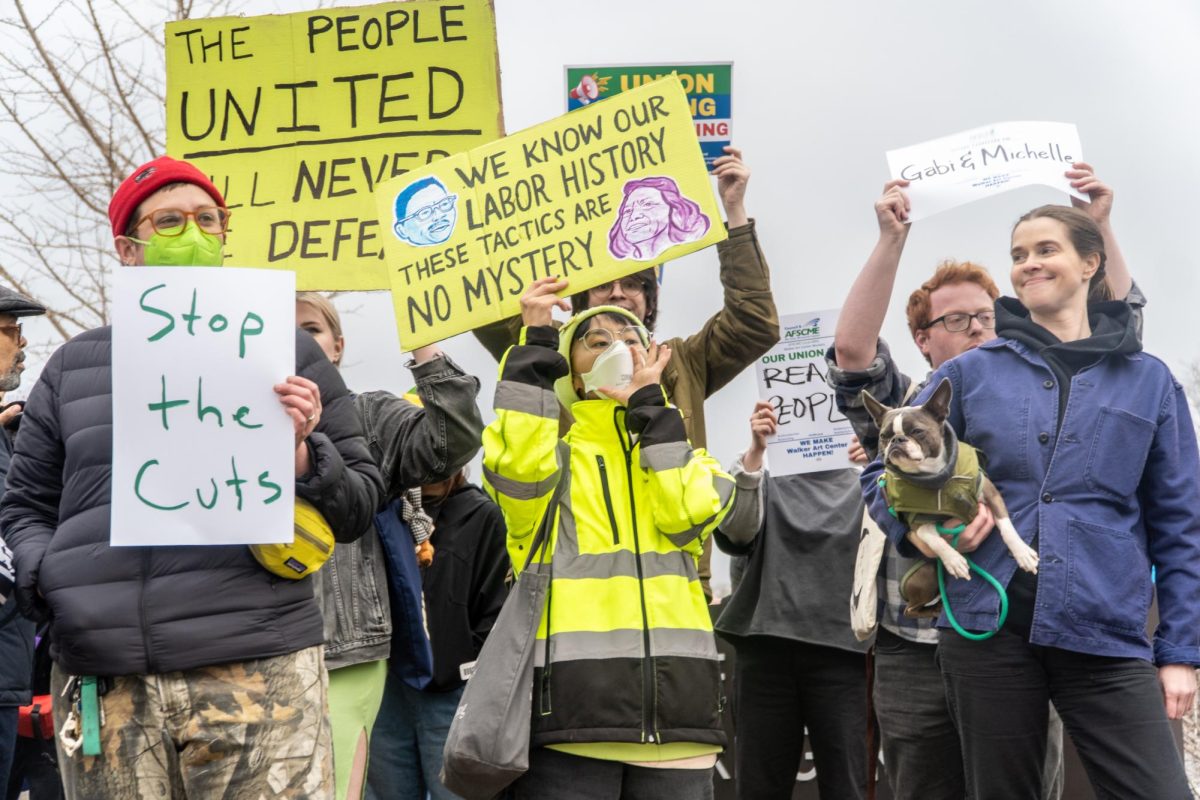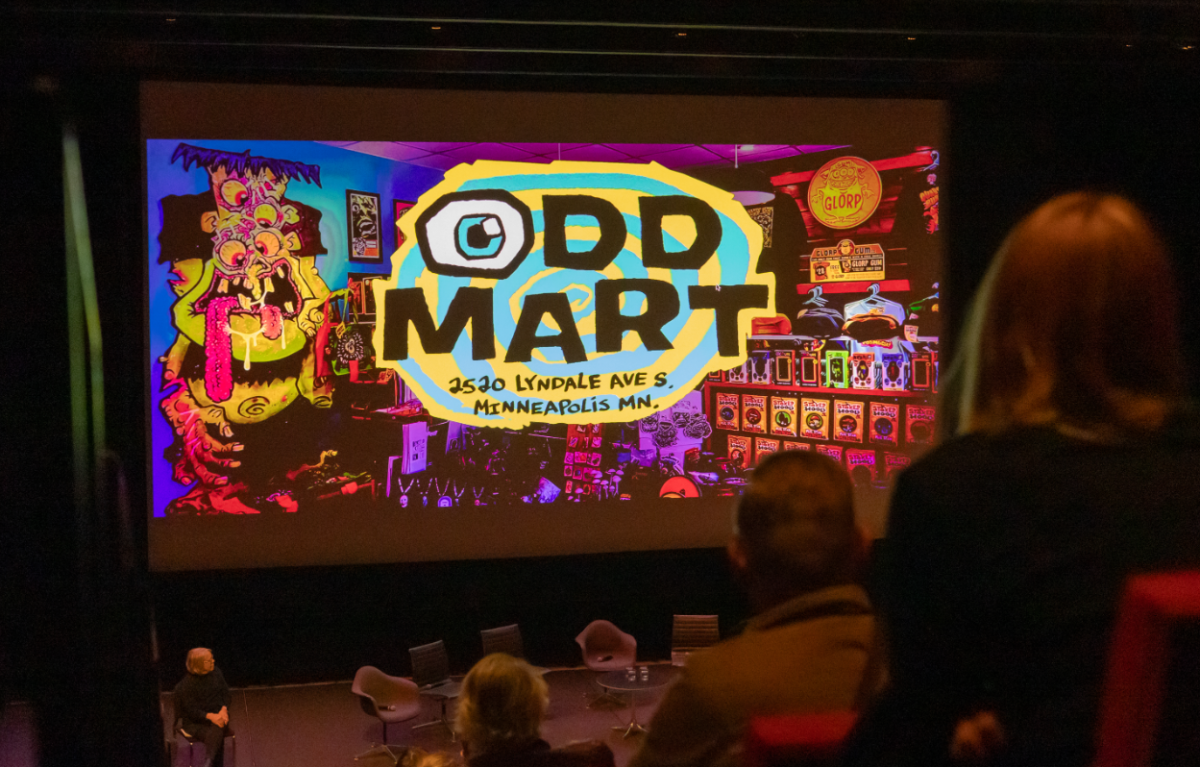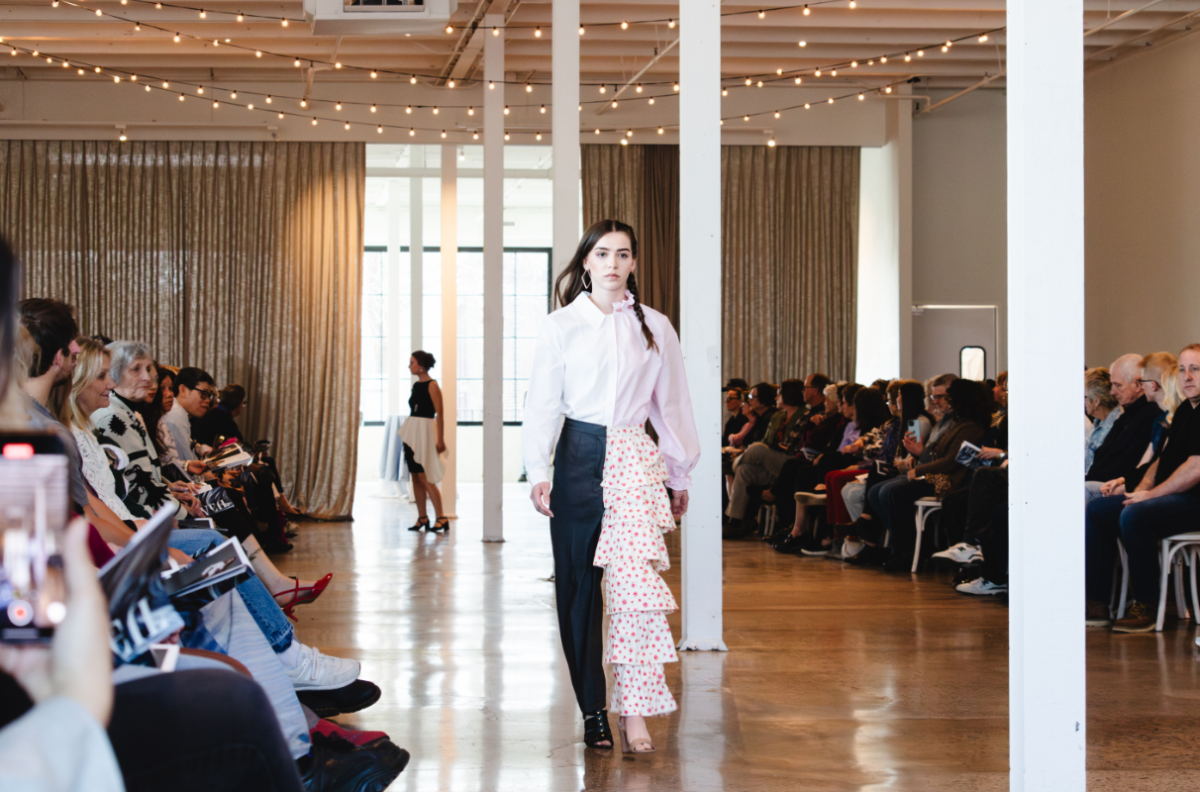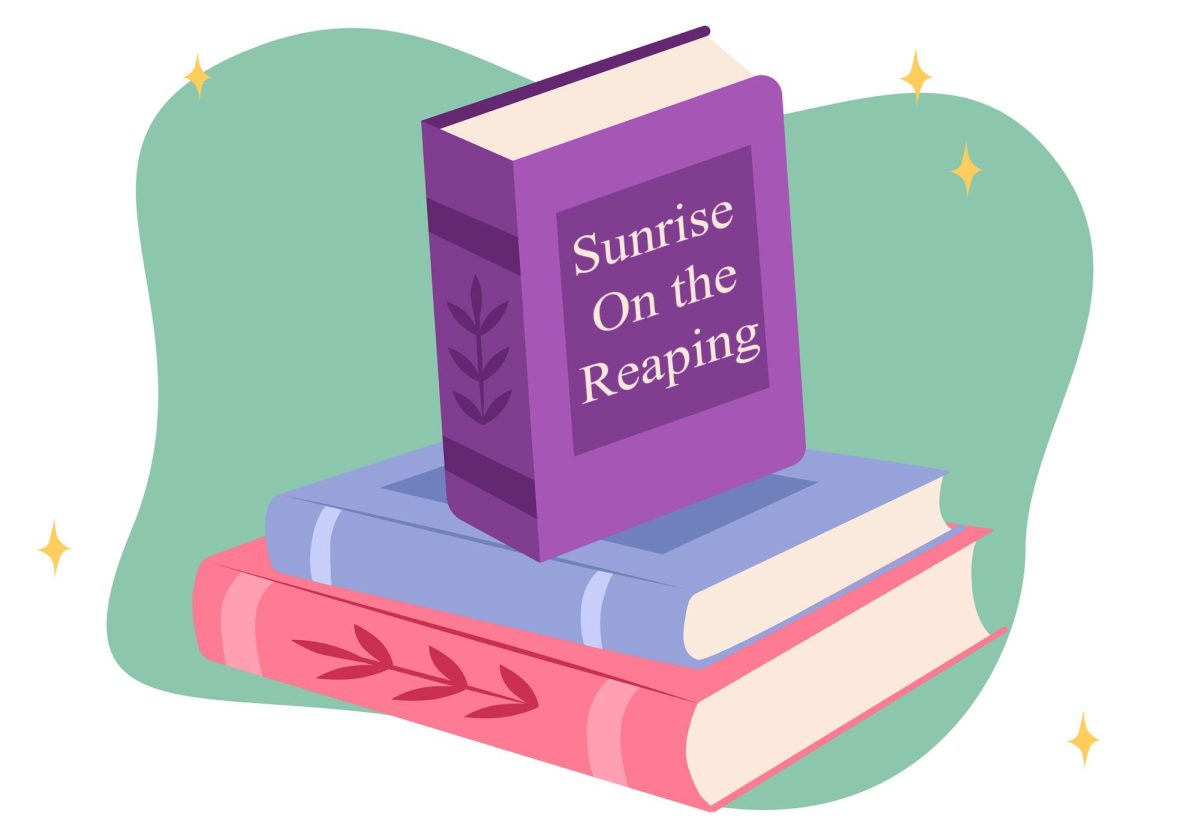After a highly successful inaugural fest last year, the second annual Midwest Queer & Trans Zine Fest did not disappoint.
Vendors and attendees from across the region filled the second floor of the Open Book building in Minneapolis’ Mill District on Saturday and Sunday, connecting over an art form that is integral to queer community and culture.
“Zines have always been very queer,” said Aiden Bettine, half of Late Night Copies Press, one of the Zine Fest’s organizers. “We write things for ourselves and for each other.”
Zines are DIY print media that can be as simple as scribbles on a folded piece of printer paper or as complex as thread-bound, digitally-drawn booklets.
Historically, zines have been an avenue for resource sharing and community building. Many zines at Zine Fest still serve that purpose, sharing information about the Palestinian genocide, among other issues.
Another aspect is zine trading, a fun way to redistribute zines and share favorites far and wide. Minneapolis resident and attendee Jada Pulley said it was something they enjoyed.
Many at the fest, including Pulley, also mentioned how intertwined zines are with queerness and transness.
“I don’t think I know any straight people that make zines,” said Jason Nawrocki, a vendor from Minneapolis and University of Minnesota graduate. “A lot of queer people are drawn to DIY art media and community building, especially in Minneapolis.”
More space for community building was made this year with the inclusion of the first Midwest Queer & Trans Zine Conference, which took place at Elmer L. Andersen Library on the University campus on Friday.
“The Fest is a lot to do in two days, and by the end everyone is tired,” Bettine explained. “I think (the Conference) provided a really nice space to talk about the things we all really care about.”
This year’s fest also brought in zine-makers, also known as zinesters, from farther out, from Ohio to Missouri to even Seattle.
“There was a desire to bring in a short list of people from elsewhere that we feel like bring interesting and inspiring work without reproducing the elite coastal reality,” Bettine said of the vendor from Seattle.
The vendor, Robert Baxter, is one of the only technicians in the U. S. for the risograph, a Japanese digital copier best used for digital screen printing, according to Amsterdam print studio Riso Pop.
“It was an opportunity to bring knowledge beyond zines, to bring education and training from a nationwide expert,” Bettine said.
This year’s fest also gave opportunities to first-time vendors to sell and be in the community at a large, queer-exclusive event.
For Pilot Lee, a zinester from Madison, Wisconsin, the fest was their first out-of-state and first two-day market. They said it went better than they could’ve hoped.
“I’ve made tons of table friends and art friends,” Lee said. “It’s made me feel like my contributions are being seen.”
Lee, who identifies as an Indian-Korean trans person and uses he/she/they pronouns interchangeably, said being in a space with other artists of color was rewarding and fulfilling.
Lee said the Zine Fest and similar events provide crucial spaces for queer art in general.
“You are not going to find this kind of art anywhere else,” Lee said. “If you go to any maker’s market, you’re not going to see quite so many queer and trans people or queer and trans people of color. I say this as an avid marketgoer and bookstore lover.”
Lee said they make memoirs and educational zines, which are available for free digitally on their Instagram, tinygalaxykid.
One of Lee’s zines is a how-to guide for first-time art vendors. Another describes Lee’s experience with having to prove her need for accommodations to their university’s bureaucratic disability resource center and learning to accept having ADHD.
Nawrocki said the independent production format of zines allows for a wide range of content that’s not sanctioned by a publishing content or art gallery.
“Even if you’re not queer, even if you’re not into zines, (the Zine Fest) is a really good way to learn about somebody, what they’re passionate about and what they want to say,” he said.
Bettine said tentative ideas for future Midwest Queer & Trans Zine Fests include hosting fests elsewhere in the region and zine-making workshops for attendees.
With how well the first two years have gone, it’s exciting to think about what will be next for the Midwest Queer & Trans Zine Fest.


